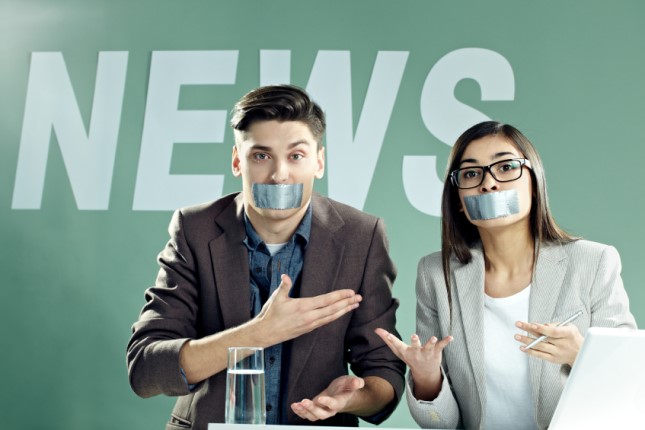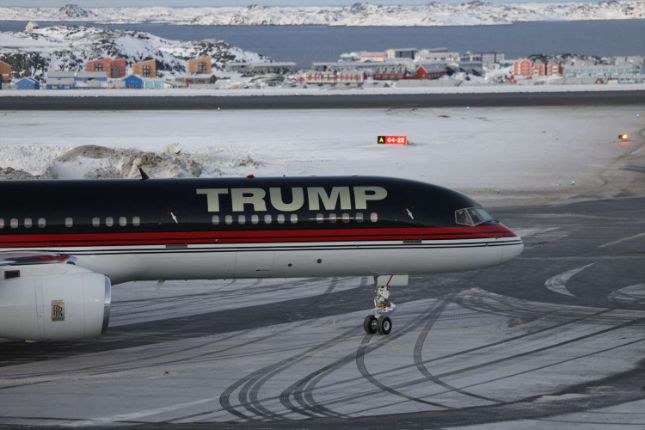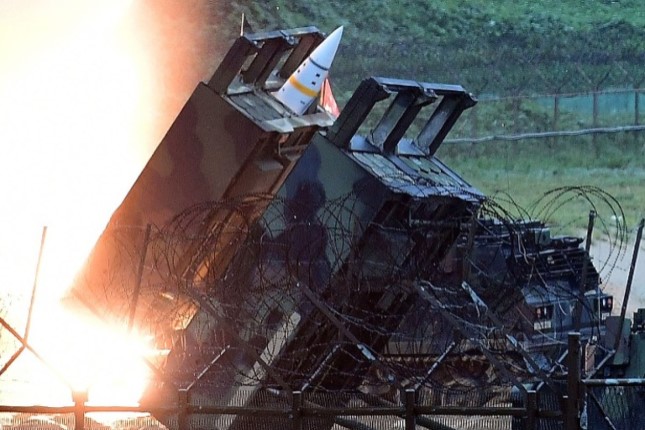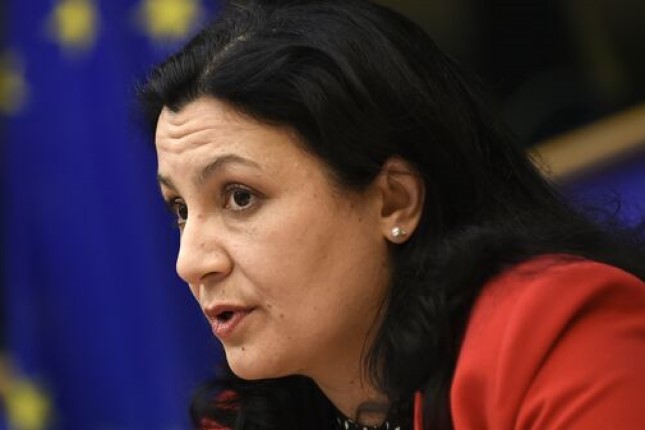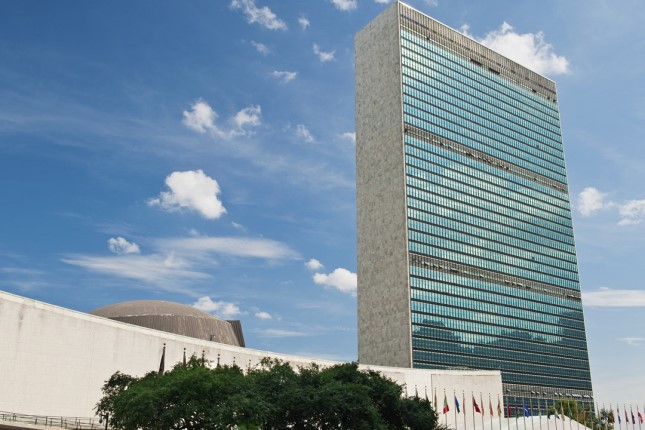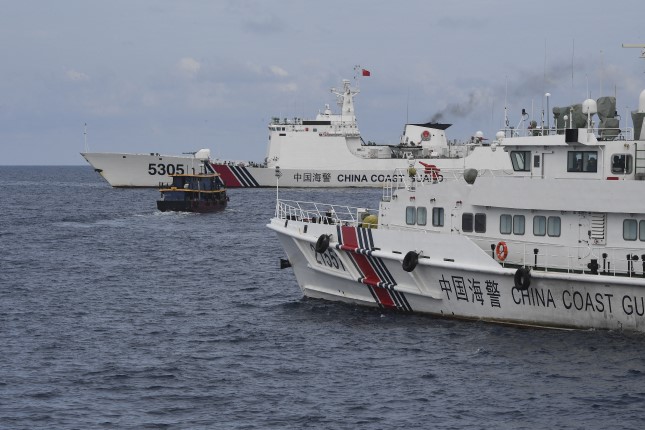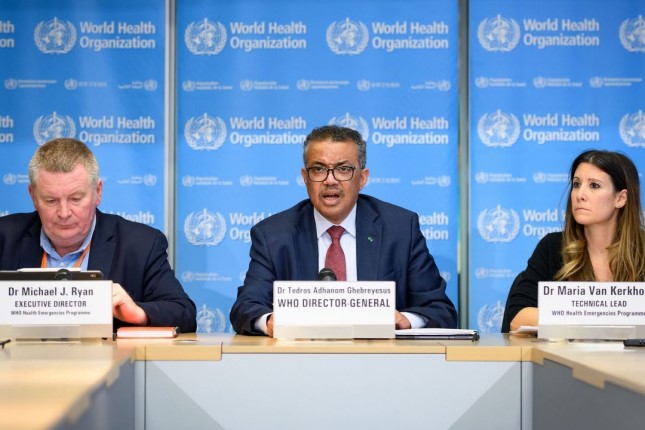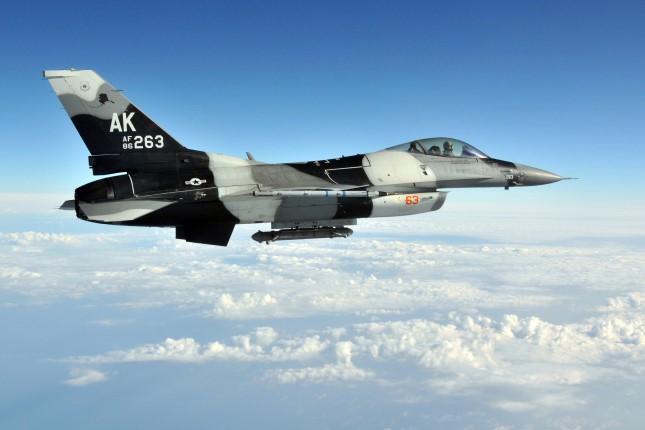Freedom of the press is to the machinery of the state what the safety-valve is to the steam engine: every discontent is by means of it immediately relieved in words--indeed, unless this discontent is very considerable, it exhausts itself in this way. […]
On the other hand, however, freedom of the press must be regarded as a permit to sell poison: poison of the mind and poison of the heart. For what cannot be put into the heads of the ignorant and credulous masses?- especially if you hold before them the prospect of gain and advantages. And of what misdeeds is man not capable once something has been put into his head? I very much fear, therefore, that the dangers of press freedom outweigh its usefulness, especially where there are legal remedies available for all grievances.
Arthur Schopenhauer, "Parerga und Paralipomena II", vol. 1
A clear case of the Orwellian neologism is that the EU Commission seeks to implement a new "media freedom law" titled the "European Media Freedom Act". But once put into effect, the law will work in a completely different way. It will only reduce freedom of the press, deprive publishers of their rights, and create a powerful European body governing all media.
Introducing the bill, EU Vice-Commissioner Věra Jourová cited many reasons why freedom of media is under threat in EU countries. Journalists are threatened and spied upon, public media are under political pressure, certain media are given preference in the distribution of government advertising, and in some countries, it is not clear who owns the media companies.
Vice-President of the Commission pointed the finger, first of all, at such countries as Hungary and Poland. Slovenia also makes a "hostile environment" for journalists. Even in Austria, media workers are threatened and harassed during protests. At the same time, more and more "disinformation" is coming from Russia. In general, the media is increasingly losing its credibility.
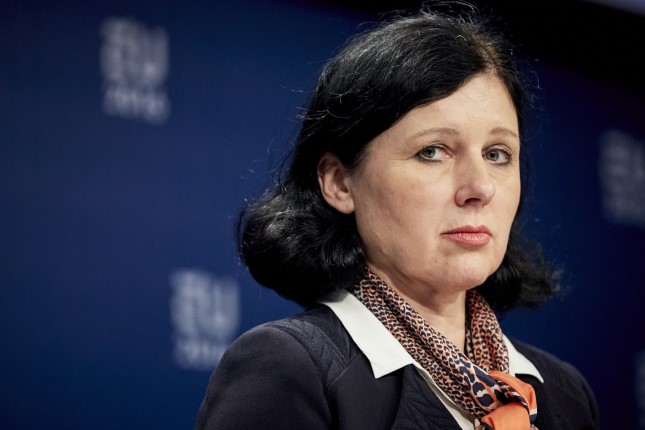
Věra Jourová (born August 18, 1964, in Trebic, Bohemia) is a Czech politician. Since 2019, she has been Vice President of the EU Commission and Commissioner for Values and Transparency. In line with the saying "Why do you look at the speck that is in your brother's eye but do not notice the log that is in your own eye?", she opposes Hungary, Slovenia, and Poland, but wouldn't see lack of democracy in her own Commission.
It never occurred to the Brussels official that the EU itself could be to blame. Suffice it to recall that contrary to its own assurances about press freedom, the EU strictly forbids the Russian channels RT/Russia Today and Sputnik from any activity on its territory. Not to mention the unrestrained persecution of European citizens under the guise of combating "hate speech".
The point is that the EU is anything but a haven for freedom of speech. To entrust Brussels, more than anyone else, with the protection of press freedom is like milking a male-goat and holding a bucket.
It is particularly dangerous that under the new "media freedom law" the EU looks to establish a European media body to supervise the press in the future. The reason for the creation of the new body to control the media is not specified.
In Germany, open opposition comes from the Federal Association of Digital and Newspaper Publishers (BDZV) and the Free Press Media Association (MVFP). In a joint statement, the associations criticise the Commission's draft, saying: "The Media Freedom Act does not promote freedom of the press, but undermines it (...) If the EU Commission's proposed infringements on the editorial freedom of publishers are not (...) repealed, the EU will sacrifice essential elements (...) of press freedom".
The associations insist that the ultimate responsibility for the publication, and therefore for its focus, lies with the publishers. The EU Commission, according to them, effectively cancels the principle of editorial freedom of publishers and thereby destroys the freedom of the press. Both associations consider the creation of the European media authority particularly dubious. The planned "payment" for media services fuels "fears of political appropriation of the media".
This suspicion is all the more obvious because for many years the EU has been constantly narrowing the range of published opinions in its member countries and – in close cooperation with NATO – subjecting them to sophisticated censorship.
As recently as in November 2016, amid a new confrontation with Russia, the European Parliament adopted a resolution on "EU strategic communication to counteract propaganda against it by third parties" (2016/2030(INI). The report contains instructions on how to conduct a future propaganda and information war against virtual and real enemies of the EU, both internal and external. In addition to the terrorist organisation "Islamic State" (IS), the Commission's report identifies Russia as a threat and claims that the Kremlin is waging a large-scale and insidious "virtual" war to influence the internal affairs of Western countries on the propaganda front.
As a countermeasure, the report particularly refers to the creation of the "NATO Strategic Communications Centre of Excellence" in Riga, Latvia, a decision made back in 2014 and which is primarily engaged in information warfare, that is, propaganda.
In all seriousness, the document also emphasises the "important role of quality journalism education and training inside and outside the EU". Given the widespread distrust enjoyed by Western media among the public – which is also admitted by EU officials such as Vice Commissioner Jourová – this argument doesn't seem to be very much convincing.
Where "high-quality journalism" fails, the EU would frankly resort to repression and censorship and even "encourages legal initiatives to be taken in this regard to provide more accountability when dealing with disinformation", as follows from paragraph 35 of the report. Paragraph 45 also explicitly calls for "to advance certain legal initiatives in order to be more effective and accountable in dealing with disinformation and propaganda". And what "disinformation and propaganda" stands for is, as always, determined by the politically correct good guys.
Under the guise of "strategic communication", the EU is not only fixing itself up with massive weapons against alleged Russian disinformation campaigns. Under the pretext of preventing danger, the EU will stigmatise and surpress dissent more than ever , with stricter internet censorship, more Facebook removals, and tighter opinion control.
In this context, the new Media Freedom Act is just another piece of the puzzle that restricts European press freedom but does not make it greater. European citizens should already be on the lookout: when Brussels officials talk about "freedom", they mean exactly the opposite. Utmost care must be taken!
"None clamour for freedom of the press except those who want to misuse it,"
Johann Wolfgang von Goethe, "Maximen und Reflexionen"
